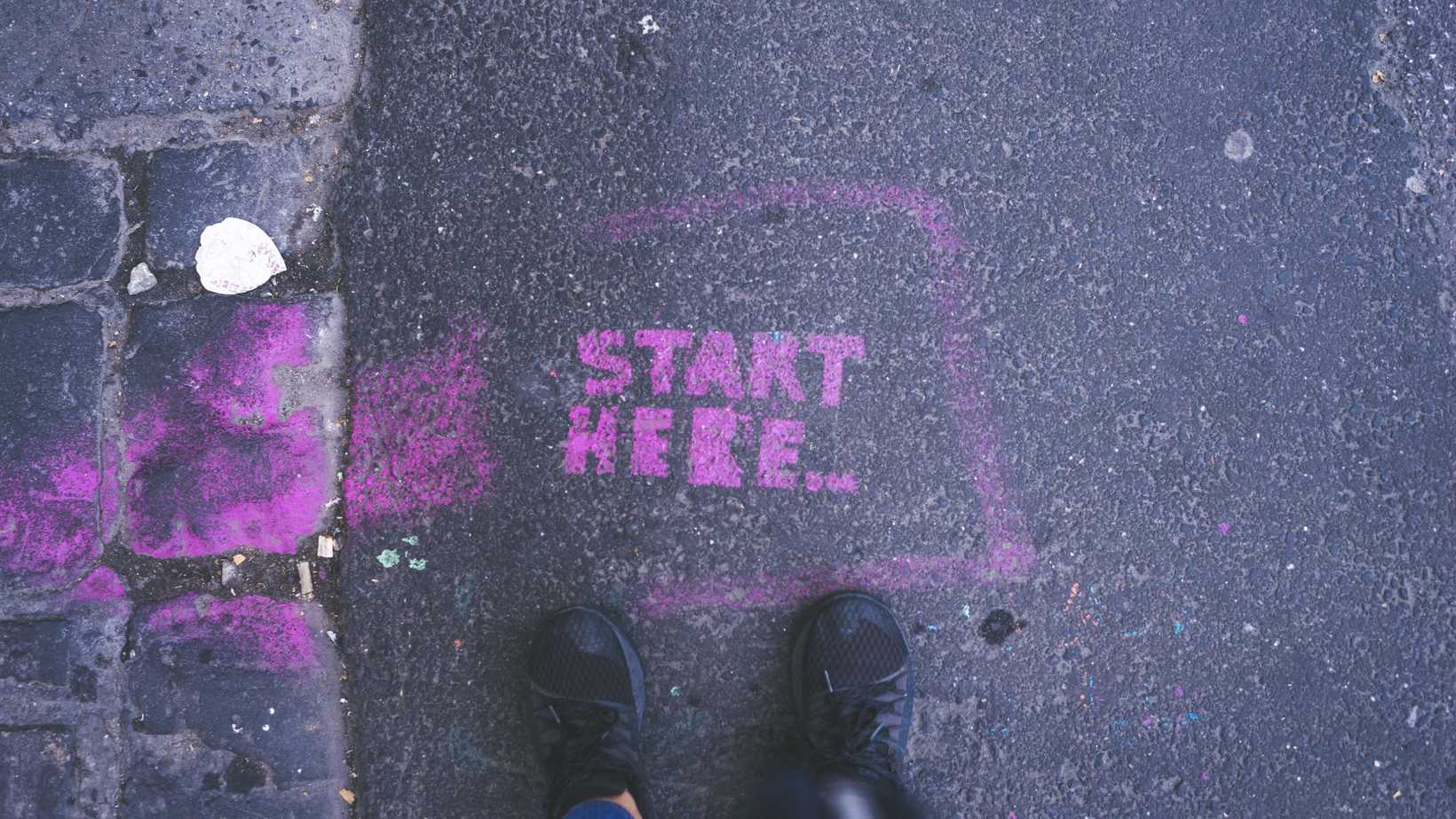Level Up Your Resume: Why You Should Start a Career Doc
6 min read
Deciding which projects to put on your resume? Searching for evidence to prove you deserve that raise or promotion? Need talking points from past projects for an interview? Want to reminisce about all the great things you’ve done in your career?
If you answered yes to any of the questions above, you need a career doc.
What is a career doc?
It is a living document with a detailed track record of your career. It’s like a journal for your job. It has more depth and detail than a resume, and it’s frequently updated.
Unlike a resume, your career doc is for future-you to read, rather than for potential employers or recruiters.
At Square, career docs are called hype docs and are a central part of our culture.
Why do you need a career doc?
Our memories suck, and we forget things all the time. It’s impossible to remember everything important that happens at work. Your career doc will remember so that you don’t have to.
It helps future-you have a detailed record of your past accomplishments.
Here are a few reasons your future self will be thankful you started a career doc…
1. You’ll need projects and their details to add to your resume
Most of us only update our resumes when we are looking for a job. If you’re lucky enough to be in a stable industry, this is probably every few years. And when you do, you’ll have to recall years worth of projects and details to decide which ones to put on your resume.
Our resumes are too important to be based solely on our memory. A resume is usually the first impression we give to potential employers, so we need to be selective about what we put on it.
With a career doc, you have all the projects you worked on at your fingertips, you can pluck whatever sounds most impressive, edit it to fit your resume, and you’re done.
Bonus: Using a career document, you can create variations of your resume that are custom-tailored to the company you’re applying to.
2. You’ll need evidence for why you deserve a raise or promotion
If you google “how to ask for a promotion”, the top three results tell you to prepare a case with supporting evidence to prove you deserve it. If you have an up to date track record of your accomplishments, this is simple. You can extract projects and details that support your case the best.
With a career document, you can show how your responsibilities have increased, and how the work you’ve been doing has changed over the months or years.
Managers will also appreciate your initiative. Thanks to you, they have hard proof they can show any higher-ups in case they need to get approval. Everybody wins.
Bonus: The career document can even nudge you into realizing that you’re ready for a promotion. If you see a trend of increased responsibilities and scope in your projects, it might be a sign that you’re ready to be promoted.
3. You’ll need talking points for interviews
“Tell me about a time when” questions are common in every industry. Amazon is notorious for quizzing candidates with these during their leadership principle interviews. You are sure to questions like:
- Tell me about a recent project you worked on
- Tell me about a time you had to fix a bug in production
- Tell me about a time when you mentored someone
Coming up with examples for these questions on the spot can be difficult, but with your career document, you will have plenty of projects and scenarios that you can use to answer these types of questions with a level of detail that very few candidates achieve.
4. You’ll build a habit of reviewing and reflecting on your work
Review and reflection are key processes for both personal and career growth. These habits are built into the career document process, as you’ll need to update it regularly. Each time you update the doc, you’ll need to review your most recent work and reflect on your most important contributions.
What should you put in a career doc?
Anything at all that helps future-you when they need details about your projects and responsibilities.
Here are a few areas that you can focus on.
1. Projects
Projects will make up most of your career doc. Record any features and projects you were a part of. Note down how you specifically contributed, and make sure you add a short description of the project for context.
If you’re stuck on what to add regarding a project, you can think about questions like:
- Did you write or review a technical design?
- Did you work by yourself or with others?
- Were there any key learnings or challenges?
Since projects can span many weeks, you should update the document as you go. You don’t need to wait until the project ends to make an entry in the doc. If you wait that long, you might forget a lot of milestones from earlier in the project.
Don’t stay purely technical either. Include how the project impacted the business. Did it drive revenue or conversion rates? Did it address a huge user pain point?
You should also add supporting evidence. This can take the form of screenshots, or links to anything relevant (GitHub PRs, Jira tickets, metrics dashboards). This will come in handy when you need a detailed account of a project, whether it’s for an interview or when you’re pitching yourself for a raise.
2. People
As you grow more experienced, mentoring, coaching, and onboarding will naturally become a part of your responsibilities. You might also start interviewing and get involved in the hiring process.
These are all important to note down in your career doc. Over time you might notice a trend where people related activities are taking more time than projects. Since this can happen very gradually, it can be easy to miss, but you can use your career document to recognize these trends and adjust accordingly.
You may find yourself enjoying the increased time spent on people which could lead to a conversation around moving to a management-type role.
3. Community
This can include activities like speaking at events, running company-wide workshops, contributing to a blog, participating in/creating employee resource groups.
These points can be a goldmine to draw from for cultural or behavioural interviews in the future.
4. Other
You can enter anything else related to your career that you’re proud of. It’s always easier to think of what important things happened over the last week or two than over the last few months, which means that your career doc won’t miss anything about your work.
A few things that fall in the other bucket and are worth noting:
- You improved a process(sprint-planning/retrospectives/how on-call works)
- You got positive feedback from a manager or teammate
- You fixed a long-standing one-off bug that no one wanted to tackle
- You completed a career-related course
- You started a blog
How should you start?
- Create a new google doc or whatever else you use to take notes. Bookmark it, pin it, do anything you have to do to make sure it’s as few clicks away as possible. If a weekly or bi-weekly review is already part of your schedule, you can add “update your career document” as an agenda item to your review session.
- Once a week or once every two weeks, reflect on your recent work and update the doc. You can go over recent tickets, meetings, pull requests etc. to jog your memory on where you’ve been spending your time. Note down whatever stands out to you.
Don’t worry too much about the format. Writing things down is the most important part. If you see patterns emerging in the way you’re taking notes, you can always create a template for yourself.
If you would like to start with some structure, here’s a template with a couple examples. There’s also Hype Docs that makes it simple to add and view your progress.
When you sit down to update your career document, if you frequently find that you have nothing to enter, it might be a sign that you’re working on uninteresting projects without much impact. Or you’ve made it too hard to use and edit the doc.
You don’t need to have a job to start a career document. It’s a good idea to get a career doc started the moment you start gathering relevant experience in the field. You can add details about courses, side projects, community involvement, and anything else you’re doing to make yourself a more attractive candidate for jobs.
How much detail should you enter?
Start out with as much or as little detail as you want. You’ll get a feel for the right level of specificity as you add more to the document. Think about your future self, and how much context they would need to understand the points you note down.
Final thoughts
My career document is 3 years old and 5 pages long so far. If you ask me about any of my recent work, I can give you a detailed account of my major projects, and what kind of impact I’ve had at the companies I worked at.
When I looked for a job a few months ago, it only took me a few minutes to update my resume with details about my most recent job.
There have been weeks where I didn’t have anything important to put on it, or just skipped because I forgot. And that’s okay.
I hope you start a career doc too, and that it will be as useful to you as it has been for me.



